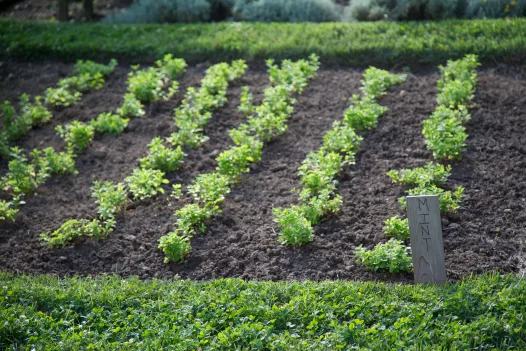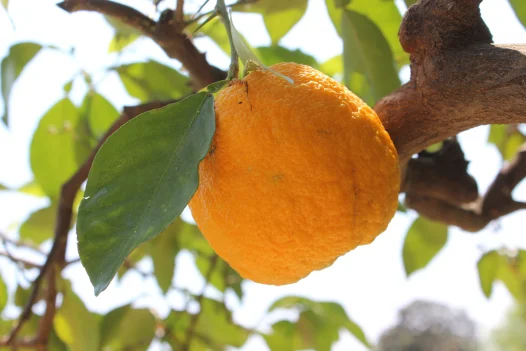“On the 18th at night, I was siezed with a fever; of which I took little notice until the 21st; when I was obliged to call for the aid of Medicine; & with difficultly a remission thereof was so far effected” — George Washington, 1798
Activities
I Need A Dose of What?
9 a.m. - 12 p.m. & 1 p.m. - 5 p.m.
12-Acre Field
Do you suffer from heartburn? Are you nauseous? Would you like to make your freckles disappear? Meet with an apothecary from Colonial Williamsburg and learn how to ease your ailments.
There's No doubt, You've Got Gout
9 a.m. - 12 p.m. & 1 p.m. - 5 p.m.
12-Acre Field
Chat with a tailor from Colonial Williamsburg and discover the many connections between clothing and healthcare in the 18th century - from gout socks, to stays, to the seasonality of clothing.
Not Your Ordinary Patient
9:30 a.m.- 11:45 a.m. & 1 p.m.- 4:30 p.m.
12-Acre Field
Veterinary medicine began to emerge as a scientific practice in the 18th century. Join our Youth Programs staff to discover three remedies that may have been used to treat sick animals at Mount Vernon.
Revolutionary War Medicine
10:00 a.m. & 1:00 p.m. Saturday
12:30 p.m. & 2:00 p.m. Sunday
Greenhouse
Hear Dr. James Craik, Physician General of the United States and personal friend of George Washington, explain common medical practices used during the Revolutionary War, and the tools used by 18th-century doctors.
Basil, Wormwood, and Sassafras
11:00 a.m. & 12:00 p.m. Saturday
11:00 a.m. & 1:00 p.m. Sunday
Greenhouse
Join Black food anthropologist Debra Freeman to explore how enslaved Africans replicated West African herbal remedies and created new ones using plants native to North America.

